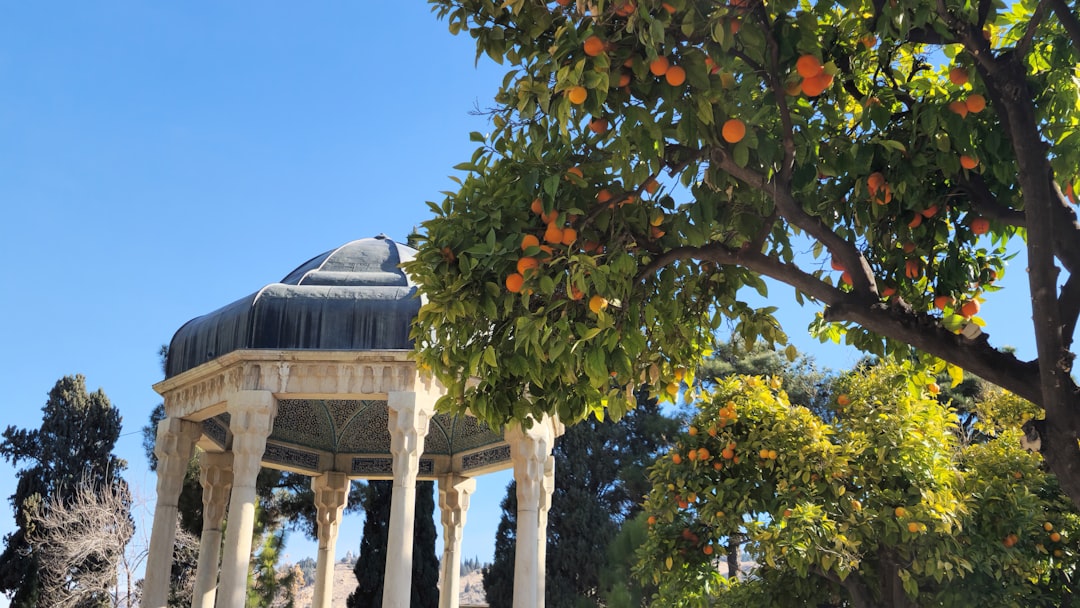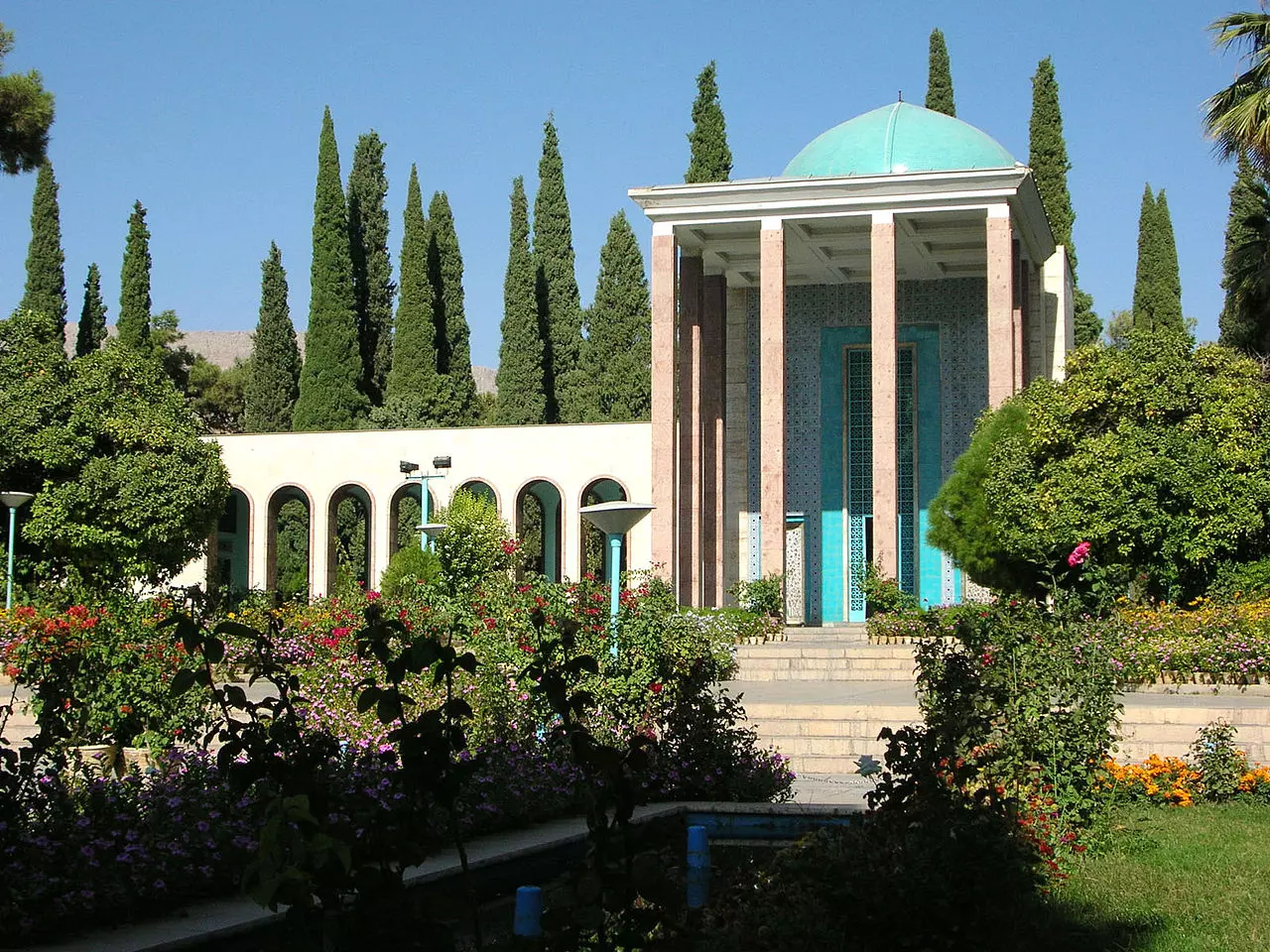Few poets in the world command the same reverence and love in their homeland as Hafez of Shiraz does in Iran. Known as the “Tongue of the Invisible” and “Interpreter of Mysteries,” Hafez (also spelled Hafiz) is celebrated not just for his mastery of language, but for the way his verses speak to the soul—layered with beauty, mysticism, wit, and timeless truth.
Even centuries after his death in the 14th century, Iranians still turn to his poetry for comfort, inspiration, and guidance. His book of poems—the Divan of Hafez—sits in homes next to the Qur'an. His words are quoted in casual conversation, recited on holidays, and consulted in times of uncertainty through the cherished tradition of faal-e Hafez (divination with Hafez).
Let’s journey into the heart of this poetic legend.
Who Was Hafez?
Hafez was born in Shiraz, Persia, around 1315–1325 CE, during a turbulent time of political upheaval and Mongol influence. Despite the chaos of the world around him, Hafez created a realm of spiritual and artistic richness through his words.
He likely studied Quranic sciences, Persian literature, and Sufism, and his pen name “Hafez” means “one who has memorized the Qur'an.” But it’s his poetry—mystical, romantic, rebellious, and philosophical—that elevated him into immortality.
Hafez died in 1390 CE, and his tomb in Shiraz remains one of the most beloved pilgrimage sites in Iran, drawing lovers of poetry from around the world.
The Ghazal: Hafez’s Signature Form
Hafez’s chosen form was the ghazal, a lyrical poem of rhyming couplets expressing both earthly and divine love, longing, and loss. With unmatched skill, he crafted verses that walk the delicate line between sensual and spiritual, between playful and profound.
What makes his ghazals so enduring is their ambiguity. A single verse can be read on many levels—romantic, mystical, satirical, or metaphysical. This openness invites each reader to find their own meaning, turning every reading into a personal experience.
Key Themes in Hafez's Poetry
1. Love and Beauty
Whether describing a rose-cheeked beloved or the Beloved with a capital “B,” Hafez saw love as a transformative force. His verses often praise the intoxication of love, comparing it to wine, another recurring symbol.
"I am the slave of love and will remain so until the end of time.
Let this be my epitaph, if I ever lie beneath the soil."
2. Wine and the Tavern
Far from promoting drunkenness, Hafez uses wine and the tavern as metaphors for spiritual ecstasy, freedom from dogma, and union with the divine.
“I drink wine to forget myself—
So that I may remember You.”
3. Mysticism and Sufism
Hafez often challenged the hypocrisy of religious leaders while embracing the mystical path of inner truth. His poetry reflects Sufi ideals: the unity of all existence, the longing for the divine, and the annihilation of the ego (fana).
4. Irony and Wit
Hafez was not only a mystic but a satirist. He boldly criticized corrupt officials, hypocrites, and false piety, often cloaking his critiques in clever allegory and symbolism.
Faal-e Hafez: Seeking Guidance Through Poetry
One of the most fascinating traditions linked to Hafez is faal-e Hafez, or "Hafez fortune-telling." During Nowruz (Persian New Year) or at times of personal reflection, Iranians open his Divan at random, trusting the verse they find to contain wisdom or guidance for their situation.
The ritual often involves a moment of silence, a whispered intention, and an opening of the book. The result is not prophecy—but poetry, which resonates differently for each soul.
Hafez’s Legacy
Hafez’s influence stretches far beyond Iran. Goethe, the great German poet, was inspired by him to write the West-Eastern Divan. Emerson and Nietzsche admired him, and his words have been translated into dozens of languages.
In Iran, however, Hafez is not just read—he is lived. His verses echo in music, calligraphy, gardens, and the hearts of millions. He reminds us that poetry can be a path to the divine, a mirror to the self, and a balm for the heart.
Final Thoughts
To read Hafez is to step into a garden where roses bloom with metaphor, wine flows with truth, and the nightingale sings of longing and love. His ghazals invite us to embrace beauty, question convention, and trust the wisdom of the heart.
“With wine, with love, with the beloved's face—
What else would Hafez ever need in this life or the next?”
If you’ve never read him before, open the Divan—in Persian or translation—and see what the master of the ghazal has to say to you.





